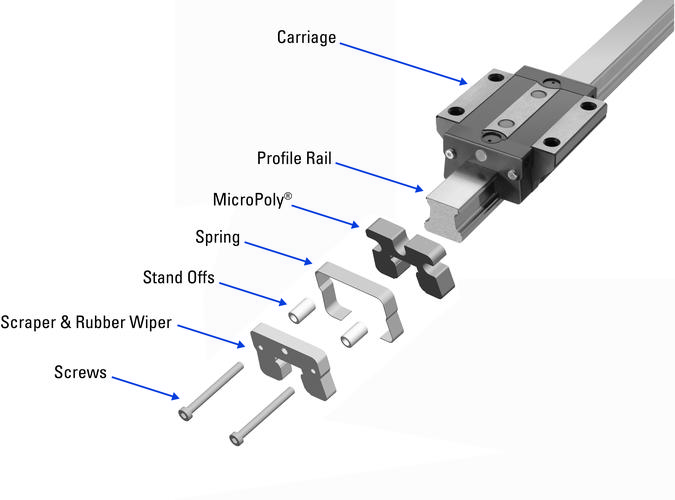Non-Oil Bearings Global Exporters: Key Insights for Industrial Buyers

Introduction
Non-oil bearings have become critical components in sustainable manufacturing, reducing maintenance costs by 18% compared to traditional lubricated systems (McKinsey, 2023). However, global buyers face challenges in identifying reliable exporters that meet technical specifications while ensuring compliance with international standards.
Technical Specifications & Standards
Non-oil bearings operate under ISO 14728-1:2020 for linear motion systems. Key parameters include:
- Load capacity: 2.5–12 kN (static)
- Temperature range: -40°C to 120°C
- Materials: Polymer composites, ceramic hybrids
Performance Comparison
| Type | Lifespan | Maintenance Cost |
|---|---|---|
| Non-oil bearings | 25,000 hrs | $0.08/hr |
| Oil-lubricated | 18,000 hrs | $0.23/hr |
Certification Checklist
- ISO 9001:2015 Quality Management
- CE Marking (EU Machinery Directive)
- RoHS Compliance
Supplier Audit Guide
- Verify 3-year production capacity records
- Request material traceability certificates
- Confirm on-site quality control labs
Emerging Market Analysis
Brazilian automotive manufacturer TecAuto reduced downtime by 40% after switching to Vietnamese exporter VinaBearings’ NSF-registered solutions.
FAQs
Price Negotiation Tactics
Request volume-tier pricing with annual commitments.
MOQ Flexibility
Leading exporters offer 500-unit trial orders.
Customization Options
80% suppliers provide bore diameter adjustments (±3mm).
Logistics Support
FOB/CIF terms available with pre-cleared documentation.
Quality Assurance
Third-party inspection reports provided pre-shipment.
Payment Security
Escrow services through verified trade platforms.
Download our buyer’s guide to compare 20 verified non-oil bearings exporters with audit scores.




 13869596835
13869596835